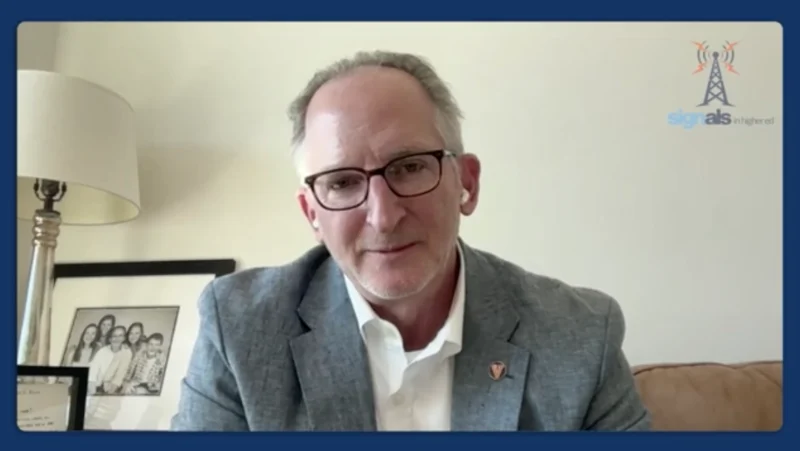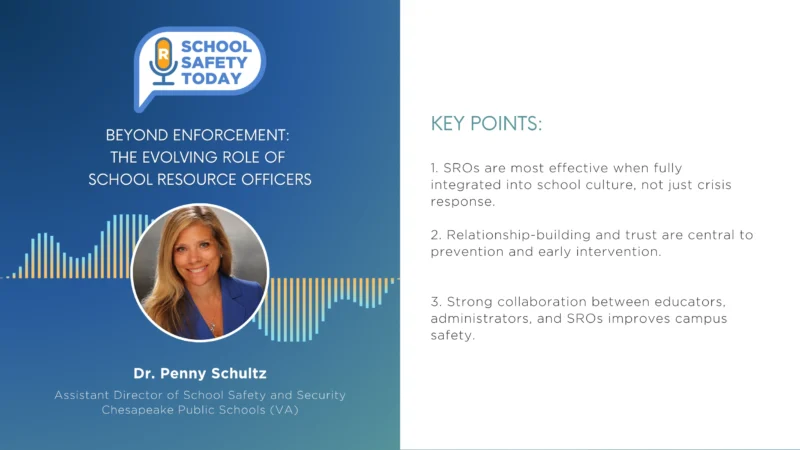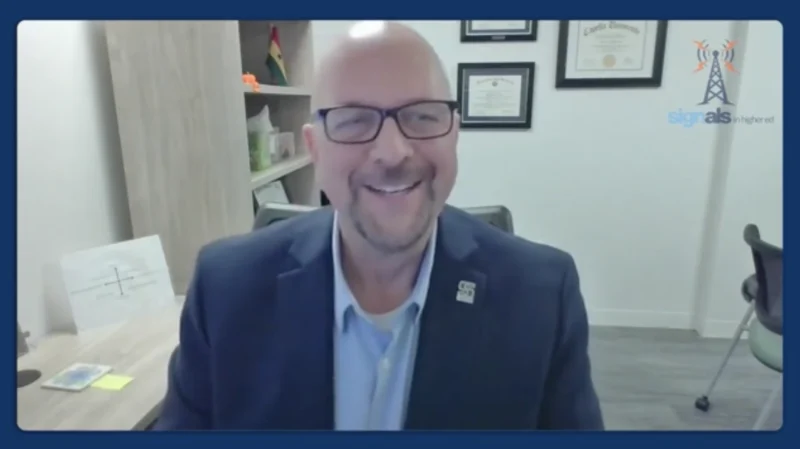Competency-Based Learning is the Key to Success: WGU’s Strategic Vision
A critical examination of how universities prepare students for the job market marks the evolving landscape of higher education. Western Governors University (WGU) stands out in this changing terrain, committed to competency-based learning. This approach tightly aligns academic programs with the industry’s urgent demands, positioning WGU as a pioneer in connecting education and employment.
In the latest episode of “The Future of Education,” host Michael Horn explores WGU’s use of competency-based learning to effectively bridge the gap between higher education and employment. Scott Pulsipher, President of WGU, joins him, providing valuable insights into the university’s innovative strategies. They focus on WGU’s alignment of education with workforce needs, ensuring graduates are both well-prepared and sought-after by employers. The two discuss:
- WGU’s tailored approach to designing educational programs that meet specific industry needs.
- The shared advantages for students and employers within this educational model.
- The implementation of technologies like virtual and augmented reality to elevate the learning experience and equip students for practical challenges.
Scott Pulsipher brings his extensive tech and business background to this conversation. His leadership at WGU has been crucial in blending online learning with competency-based education, greatly improving accessibility and aligning education with industry needs.




